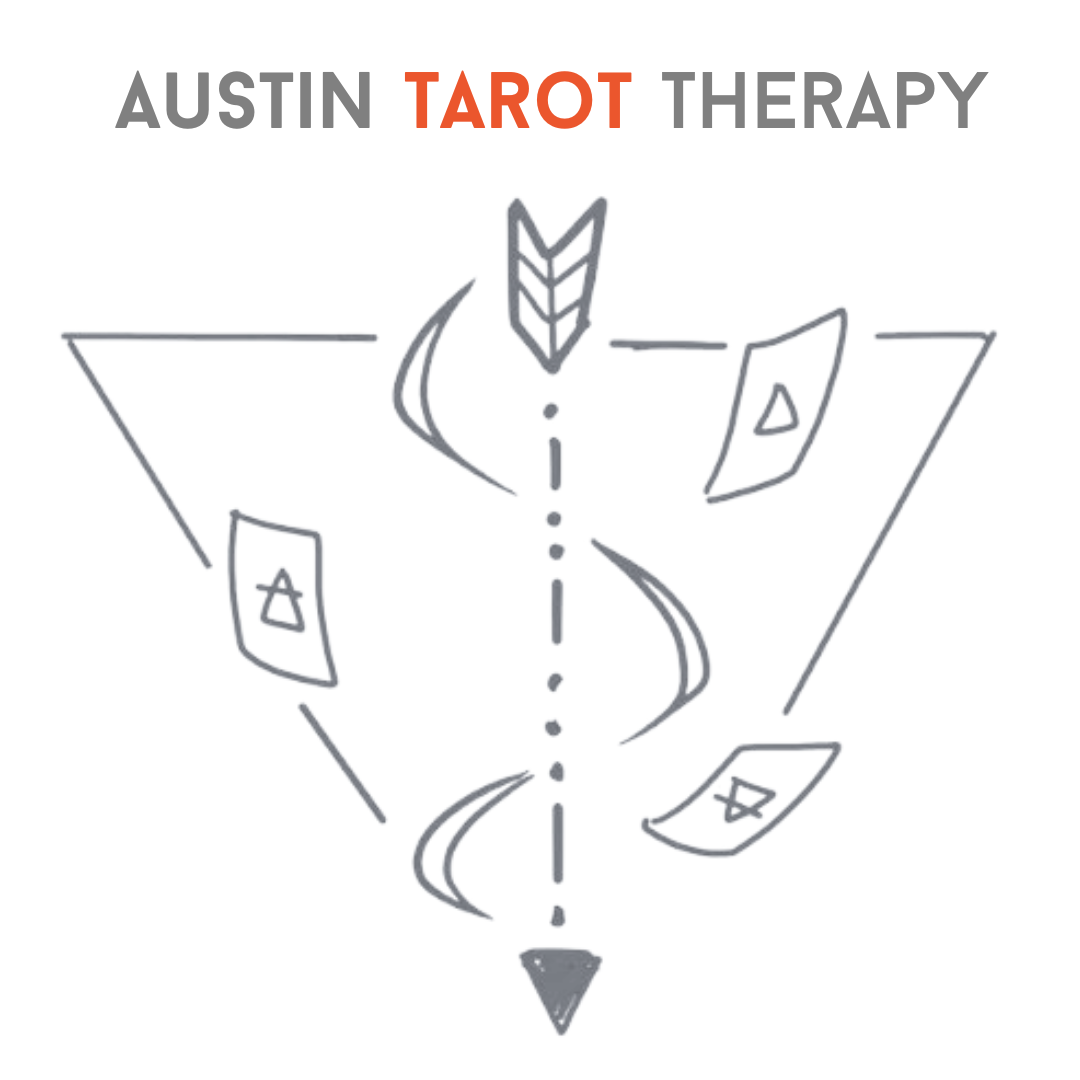Miscarriage and Abortion as it Relates to Buddhism
Pregnancy, Loss, and the Complexity of Choice
Pregnancy can be overwhelming—especially in Texas. Our healthcare system is already unpredictable, and it disproportionately underserves people of color. Laws now forbid doctors from offering gender-affirming care, and women have been stripped of the right to make choices about what is best for their own pregnancies.
At the same time, there are many people who long for children but struggle to conceive. Whether faced with the birth of an unwanted child or the inability to welcome a wanted baby, both experiences stir profound emotions—loss, grief, longing, confusion, and sometimes shame.
As a tarot reader who draws deeply from both Buddhist philosophy and therapy training, I often hold space for these emotions in my sessions.
Buddhism and Reproductive Loss
Buddhism is not a religion that demands belief—it is more a way of seeing the world. It is compatible with Christianity, Wicca, Judaism, or any other path of faith. At its heart, Buddhism asks us to look deeply into suffering and meet it with compassion.
One teaching that many find comforting in the face of miscarriage or abortion is this: in Buddhism, there is no absolute birth and no absolute death.
There is only manifestation.
We manifest from something into something at birth. We manifest from something into something at death. The essence of life—what we might call consciousness, awareness, or simply “being”—does not disappear.
Thích Nhất Hạnh, the beloved Zen master, wrote in No Death, No Fear:
“If a baby has been lost it means that conditions were not enough for them to manifest, and the child has decided to withdraw in order to wait for better conditions.”
Conditions can mean many things: financial stability, emotional readiness, physical health, or even the state of the wider world. Whatever conditions were lacking, it was not the right time for this being to take root. And that is not failure. It is simply the unfolding of conditions.
Compassion and Acceptance
When faced with reproductive loss—whether voluntary or involuntary—Buddhism teaches us not to harden against ourselves. Harsh self-judgment only deepens suffering. Instead, we are called to practice metta (loving-kindness) toward ourselves.
Speak gently to yourself.
Hold your body tenderly.
Remember that you are not alone.
The Buddha taught that suffering is a universal part of life. But so is compassion. To practice compassion for yourself in this moment is to step onto the path of healing.
Tarot, Fertility, and Gentle Guidance
Sometimes, clients ask me during a tarot reading whether I see a baby in their future. This is always a tender question. To predict a firm “no” would be cruel—because none of us ever truly knows.
Instead, if the cards seem to suggest difficulty, I ask a different question: What conditions need to ripen in order for a child to manifest?
This reframes the reading in a compassionate way. It shifts the focus from despair to possibility, from fate to preparation. Even when “yes” cards appear, this approach remains wise—because it reminds the querent that pregnancy and parenthood are not only about destiny, but also about nurturing the right conditions in mind, body, and environment.
Closing Reflection
Tarot and Buddhism both remind us that life is a flow of causes and conditions. Nothing is fixed. Nothing is permanent. Our role is not to control every outcome but to meet each moment with presence, compassion, and curiosity.
Whether a child manifests or not, your worth remains whole. Your story is still sacred. And your path, though painful at times, is still unfolding toward wisdom and love.


